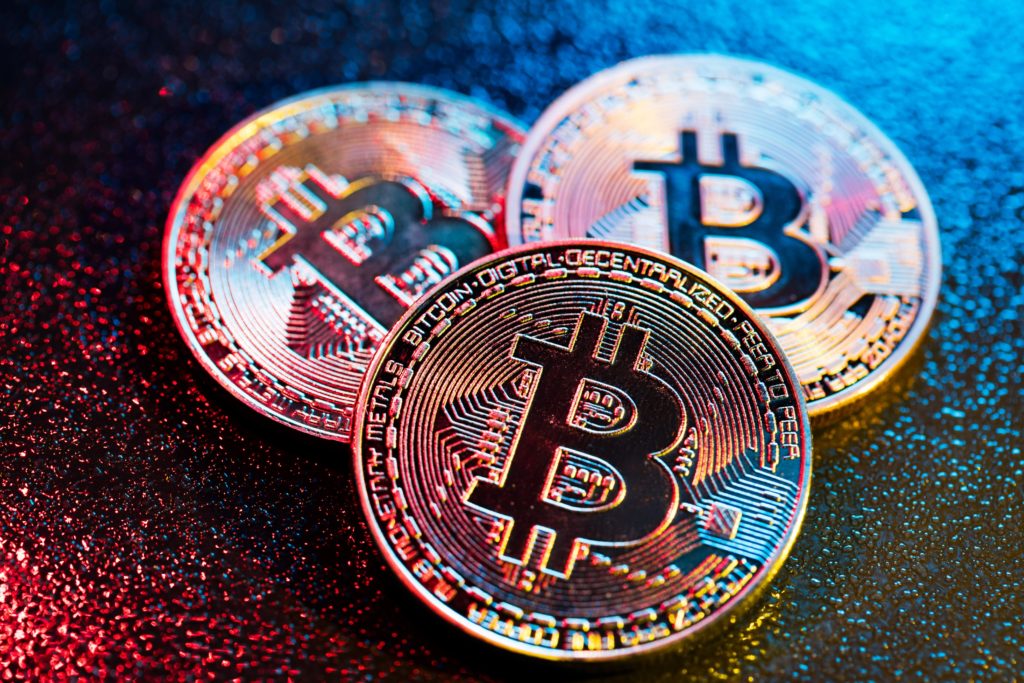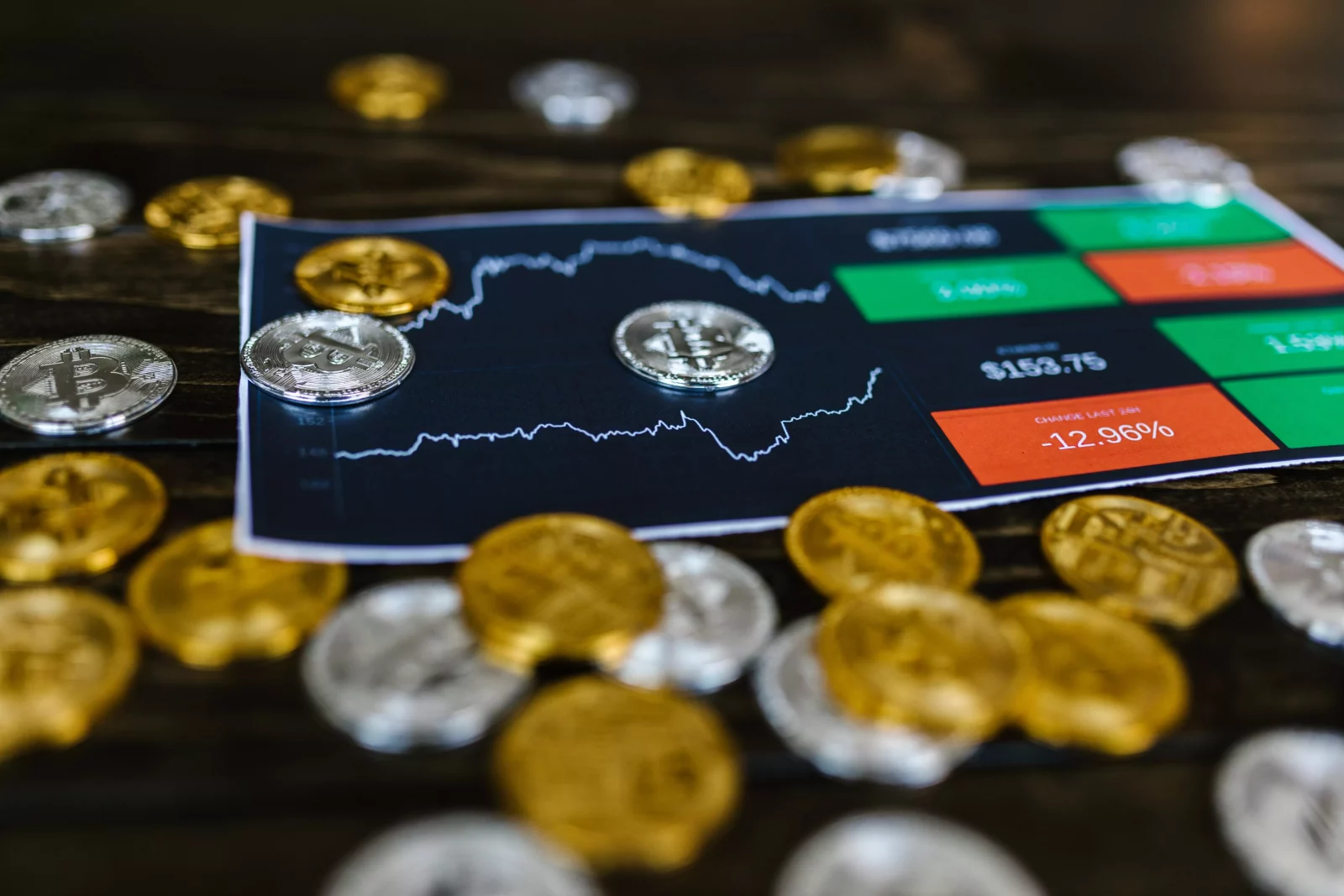It’s no secret that cryptocurrency exchanges have been hacked in the past. In fact, a recent report by CipherTrace found that $1.7 billion worth of crypto was stolen in the first nine months of 2020 alone.
With the value of Bitcoin and other cryptocurrencies on the rise, it’s likely that we’ll see more hackers targeting exchanges in the coming years.
So, how can you protect yourself from crypto security issues in 2022? In this guide, we’ll discuss major crypto security issues and how to prevent them.
Major Crypto Hacks in the Past

There have been many major crypto hacks in the past, but here are a few of the most notable ones:
- Mt. Gox: In 2014, the Japanese exchange Mt. Gox was hacked and 850,000 Bitcoin were stolen, worth around $473 million at the time. The hack bankrupted the exchange and it never reopened.
- Bitfinex: In 2016, Hong Kong-based exchange Bitfinex was hacked and 120,000 Bitcoin were stolen, worth around $72 million at the time. The hack caused the value of Bitcoin to drop by 20%.
- Coincheck: In 2018, the Japanese exchange Coincheck was hacked, and 523 million NEM were stolen, worth around $534 million at the time. The hack led to stricter regulation of cryptocurrency exchanges in Japan.
- Bithumb: In 2018, the South Korean exchange Bithumb was hacked and $30 million worth of cryptocurrencies were stolen. The hack led to a drop in the value of Bitcoin and other cryptocurrencies.
Crypto Security Issues

When it comes to security, bitcoin and cryptocurrency present a unique set of challenges. Unlike traditional fiat currency, cryptocurrency is decentralized and relies on cryptography to secure transactions.
According to the Wall Street Journal, $1.7 billion in cryptocurrency has been stolen in recent years, highlighting the need for improved security measures.
One of the biggest challenges in this area is the fact that crypto wallets and exchanges are often targeted by hackers due to the large amount of currency they hold.
Here are some of the most common crypto security issues that you should be aware of in 2022:
Scalability Issues
As the popularity of Bitcoin and other cryptocurrencies grows, so does the number of transactions that need to be processed. This has led to scalability issues for some exchanges, resulting in delays and high transaction fees.
One notable example is the 2017 Bitcoin Cash hard fork. This caused a split in the community and led to the creation of two separate currencies. The hard fork was due to disagreements over how to scale the Bitcoin blockchain.
Hacking Issues
As we mentioned earlier, cryptocurrency exchanges have been targeted by hackers in the past. In many cases, these hacks have resulted in the loss of millions of dollars worth of currency.
In order to prevent these hacks, it’s important to choose a reputable exchange that has strong security measures in place. You should also never store your currency in an exchange for an extended period of time.
It’s also a good idea to store your currency in a cold wallet, which is not connected to the internet and therefore much harder for hackers to access.
Phishing Issues
Phishing is a type of online fraud that involves tricking people. It tricks crypto owners into revealing their personal information, such as their login credentials or credit card number.
Phishers will often send fake emails or create fake websites to get people to enter their sensitive information. They may also use social engineering techniques to try to get people to reveal this information.
Once they have this information, they can use it to steal money or commit other crimes.
To protect yourself from phishing scams, you should never click on links in emails or messages from people you don’t know. You should also be suspicious of any website that asks for personal information, especially if you’re not sure why they need it.
Pump & Dump Schemes
A pump and dump scheme is a type of fraud that involves artificially inflating the price of a cryptocurrency through false or misleading statements, in order to sell it at a higher price.
This is often done by creating fake news stories or spreading false information about a currency. The people behind the scheme will then sell their currency before the price crashes back down.
Pump and dump schemes are illegal in many countries, and they can lead to heavy losses for investors.
Exit Scams
An exit scam is when a fraudulent ICO or cryptocurrency project simply disappears with the money that investors have put in.
This is often done by creating a fake project and then using social media and other marketing techniques to generate interest and drive up the price. Once the price has peaked, the people behind the scam will sell their currency and disappear.
To avoid being scammed, you should only invest in ICOs or cryptocurrency projects that you trust. You should also do your own research to make sure that the project is legitimate.
If you think you may have been the victim of an exit scam, you should contact your local law enforcement agency.
What Can You Do to Prevent Crypto Security Issues?

Now that we’ve looked at some of the most common crypto security issues, let’s take a look at what you can do to prevent them.
Choose a reputable exchange
One of the best ways to protect yourself from crypto security issues is to choose a reputable exchange.
There are many different exchanges out there, and not all of them are created equal. Some exchanges have been hacked in the past, while others have weak security measures in place.
When you’re choosing an exchange, it’s important to do your own research. Make sure that it’s reputable and has strong security measures in place.
You should also never store your currency in an exchange for an extended period of time. If you need to hold your currency on an exchange for a short period of time, you should withdraw it to a cold wallet as soon as possible.
Store your currency in a cold wallet
If you’re not going to be using your currency for a while, it’s a good idea to store it in a cold wallet.
A cold wallet is a type of storage that is not connected to the internet. This makes it much more difficult for hackers to access.
There are many different types of cold wallets available, so you’ll need to do some research to find the one that’s right for you.
Some popular cold wallets include hardware wallets and paper wallets.
Use a VPN
If you’re accessing your currency from a public Wi-Fi network, it’s a good idea to use a VPN.
A VPN encrypts your data and traffic, making it much more difficult for hackers to intercept and steal it.
There are many different VPN providers out there, so you’ll need to do some research to find the one that’s right for you.
Frequently Asked Questions
Following are some frequently asked questions related to crypto security issues:
What is the most common type of crypto security issue?
The most common type of crypto security issue is theft. This can happen through hacking, scams, or simply by losing your currency.
How can I prevent myself from being scammed?
The best way to prevent yourself from being scammed is to do your own research. You should only invest in ICOs or cryptocurrency projects that you trust.
I think I may have been the victim of an exit scam. What should I do?
If you think you may have been the victim of an exit scam, you should contact your local law enforcement agency.
What is the best way to protect my currency from theft?
One of the best ways to protect your currency from theft is to store it in a cold wallet. A cold wallet is a type of storage that is not connected to the internet.
Final Thoughts
Crypto security issues are a serious concern, and they’re only going to become more common as the industry grows.
There are things that you can do to protect yourself. By choosing a reputable exchange, storing your currency in a cold wallet, and using a VPN, you can help keep your currency safe.











